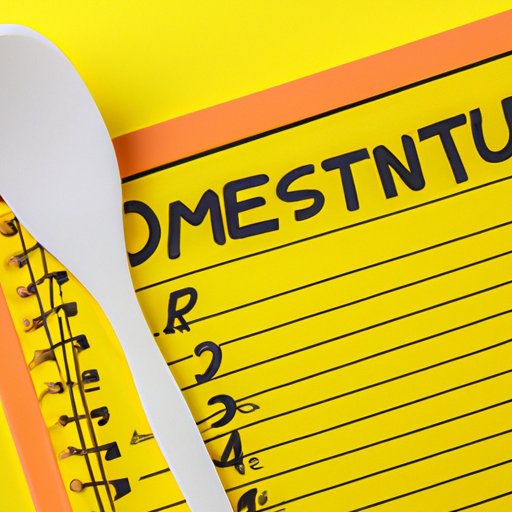
Introduction
It’s no secret that many women experience increased appetite and food cravings during their periods. But what exactly causes this phenomenon, and is it possible to indulge in your favorite treats without gaining weight? In this article, we’ll explore the science behind period-induced hunger and provide tips for managing your appetite and weight during menstruation.
Hormonal Changes and Increased Appetite
During menstruation, hormonal changes in the body can affect appetite and metabolism. Specifically, changes in estrogen and progesterone levels can cause an increase in the hunger hormone ghrelin and a decrease in the satiety hormone leptin. This can lead to cravings for high-calorie, high-fat foods and a general increase in appetite.
Additionally, the body’s metabolic rate increases during the menstrual cycle, which means you may burn more calories than usual. However, this increased metabolism doesn’t necessarily cancel out the excess calories consumed during period-related binge eating. Therefore, it’s important to make healthy food choices and monitor your calorie intake during this time.
Importance of Healthy Food Choices
Choosing healthy foods during your period can help regulate blood sugar levels and keep you feeling full, reducing the risk of overeating and weight gain. Lean proteins such as chicken, fish, and tofu can provide sustained energy without contributing excess calories. Fiber-rich fruits and vegetables, such as berries, broccoli, and spinach, can help fill you up while providing essential vitamins and minerals. Complex carbohydrates, such as brown rice, quinoa, and sweet potatoes, can provide lasting energy and help regulate mood.
Regular Exercise
Adding regular exercise to your period routine can help maintain a steady weight and balance hormone levels. While it may be tempting to skip workouts during this time, low-impact cardio activities such as walking, cycling, or swimming can help decrease bloating and increase circulation. Yoga can also be a beneficial exercise choice, as it can help reduce stress and promote relaxation.
Hydration
Drinking plenty of water and other non-sugar beverages, such as herbal tea or infused water, can help you stay hydrated and reduce bloating. While it may seem counterintuitive, drinking more water can actually prevent water retention and decrease bloating. Additionally, staying hydrated can help regulate appetite and reduce the risk of overeating.
Nutrient Depletion During Periods
During periods, the body requires more nutrients to sustain its functions. This can lead to nutrient depletion if women don’t consume enough vitamins and minerals through their diets. Taking multivitamins or consuming nutrient-dense foods such as leafy greens, nuts, and seeds can provide essential nutrients like iron, calcium, and Vitamin D.
Meal Planning Tips
To manage hunger pangs during periods without gaining weight, try balancing calorie intake with physical activity. Avoid processed foods like chips and candy, and opt for whole foods like fruits, vegetables, and lean proteins. Meal prepping can also be a helpful strategy, as it eliminates the temptation to reach for unhealthy snacks when hunger strikes.
Conclusion
While it can be challenging to manage food cravings and weight fluctuations during menstruation, making healthy food choices, exercising regularly, staying hydrated, and consuming nutrient-dense foods can help manage weight and maintain hormone balance. By understanding the science behind period-induced appetite changes and implementing healthy habits, women can feel empowered and confident in managing their health and well-being during their menstrual cycles.





